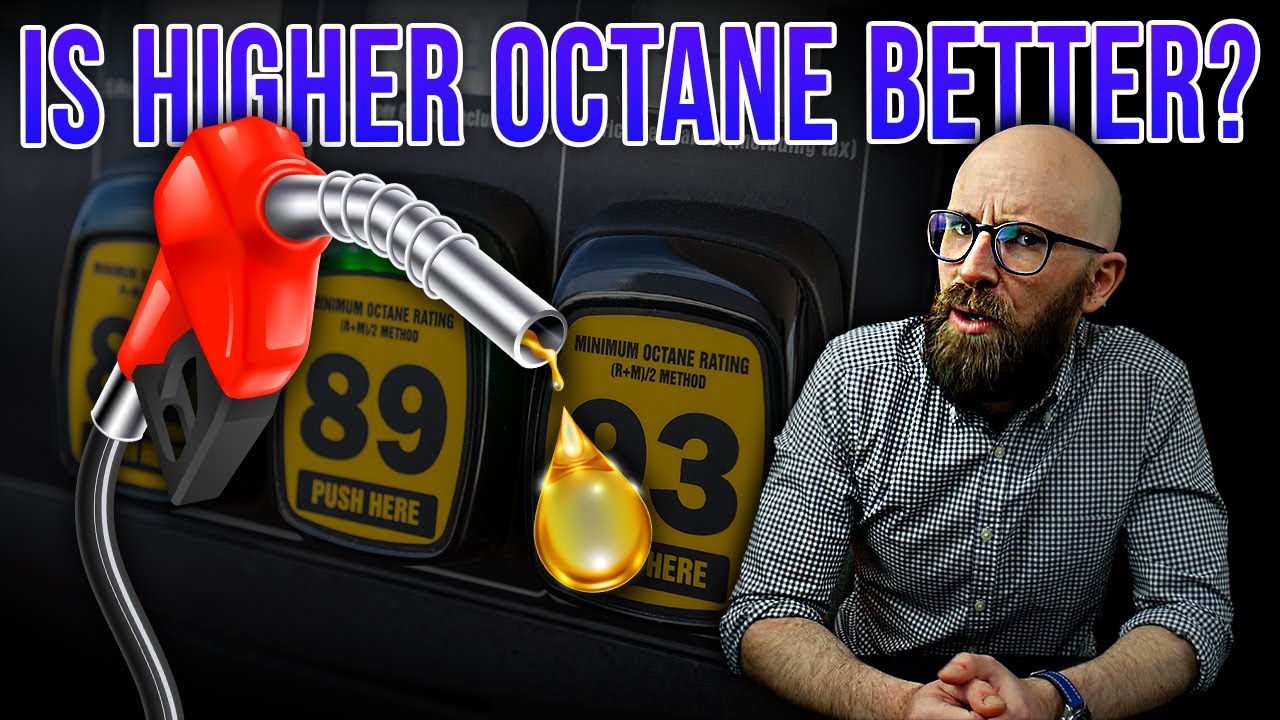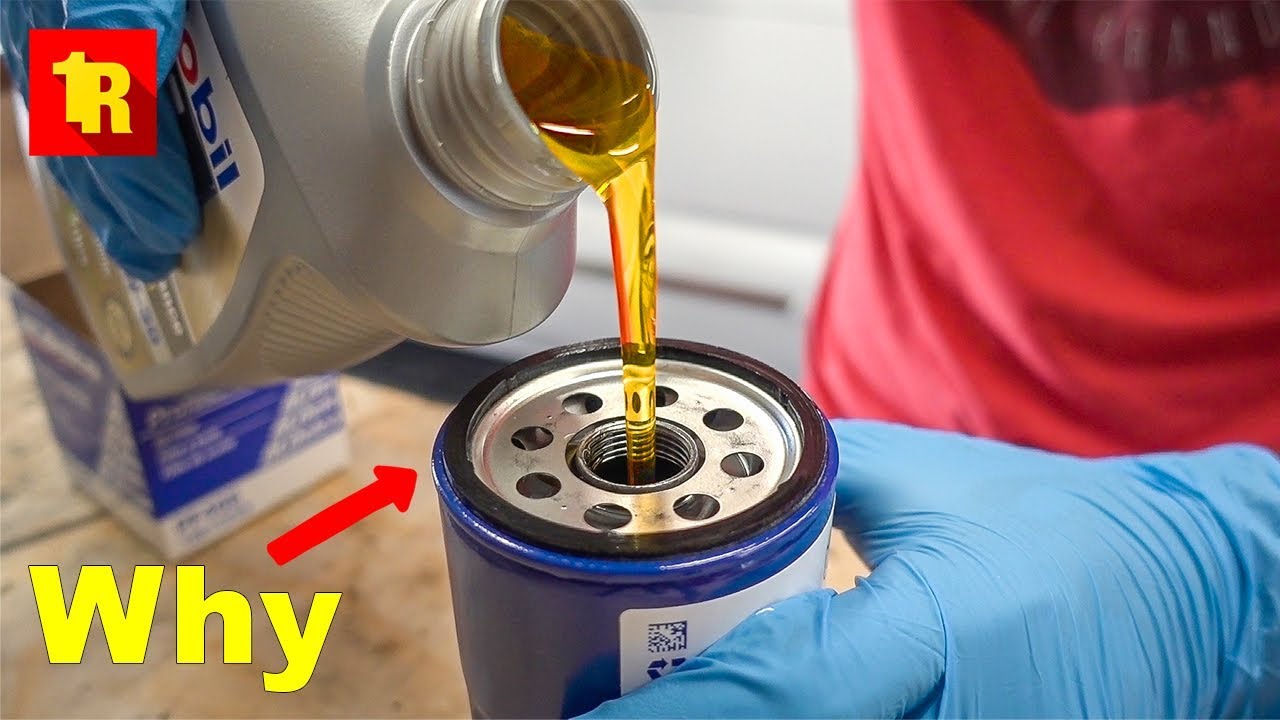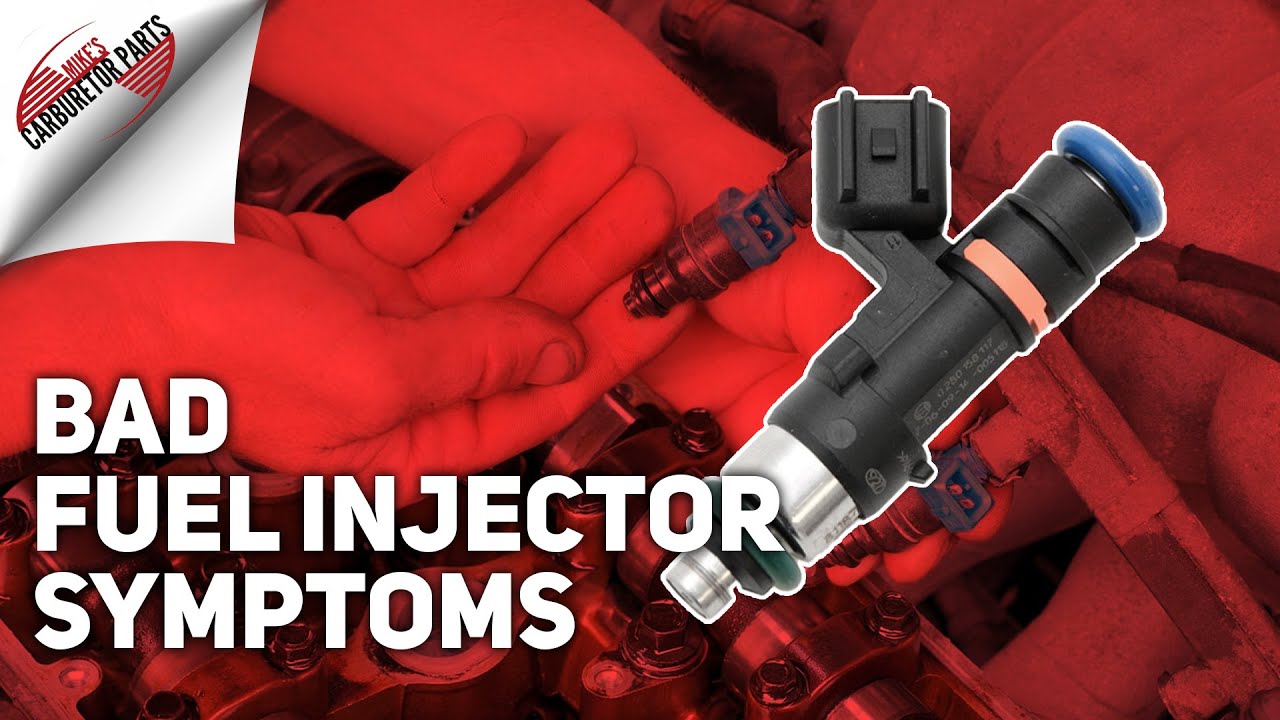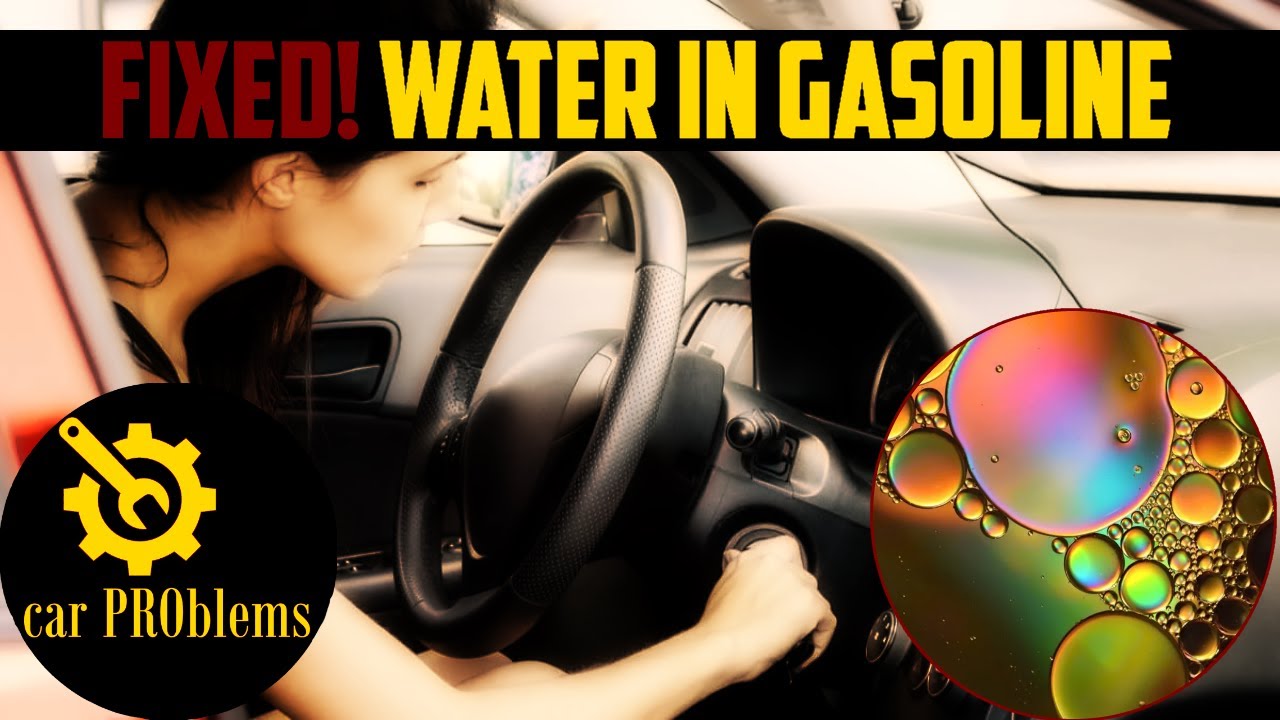Ever wondered what gives your car that extra kick on the road? It’s all about octane in your gasoline! Dive into the world of octane ratings and discover how this key ingredient fuels your car’s performance and efficiency.
What is octane, and How does it influence gasoline?

Octane is a hydrocarbon molecule found in gasoline and responsible for controlling the fuel’s combustion properties. When gasoline is burned in an engine, it ignites and creates an explosion that drives the pistons, which, in turn, powers the car. The octane rating measures the rate at which the fuel ignites and explodes.
A higher octane rating means the fuel burns slower and more steadily than in an explosion. This is important because an explosion can cause knocking or pinging in the engine, damaging it over time. The slower and more controlled combustion of high-octane fuel leads to more efficient and powerful engine performance.
What are the signs that my car needs higher-octane gasoline?

- Knocking sounds: Knocking occurs when the fuel ignites too early in the engine’s combustion cycle, causing an uncontrolled explosion that can damage the engine over time. When accelerating and hearing a knocking sound in the engine, it may be a sign that you need higher-octane gasoline.
- Reduced fuel economy: A decrease in your car’s fuel economy may indicate that you need higher-octane gasoline. Higher-octane gasoline provides a more efficient and complete combustion process, resulting in better fuel economy.
- Loss of engine power: If your car struggles to accelerate, it may be a sign that you need higher-octane gasoline. Higher-octane gasoline provides better engine performance, more power, and faster acceleration.
- Check engine light: If your car’s check engine light comes on, it could be due to using the wrong type of gasoline. Using lower-octane gasoline than your car’s engine requires can cause engine misfires and other issues that trigger the check engine light.
- Engine overheating: If your engine is running hot, it could be due to using lower-octane gasoline. This is because incomplete combustion can lead to increased engine heat and stress, causing overheating and potential damage to the engine.
Difference between octane levels, 92, 95, 98.
In most countries, gasoline is sold with octane ratings of 92, 95, and 98. These ratings represent the percentage of octane in the fuel compared to heptane, which has an octane rating of 100.
The higher the octane rating, the more resistant the fuel is to knocking, which is a premature ignition of the fuel in the engine. Gasoline with an octane rating of 92 contains 92% octane and 8% heptane, while gasoline with an octane rating of 95 contains 95% octane and 5% heptane. Gasoline, with an octane rating of 98, includes 98% octane and 2% heptane.




